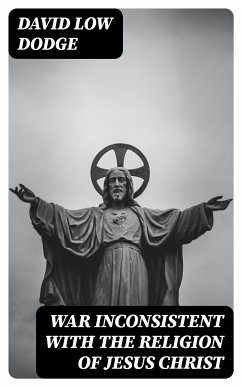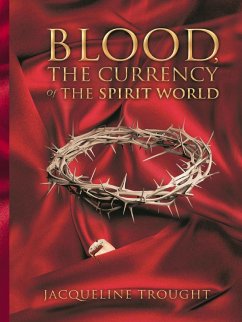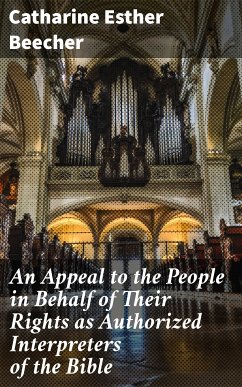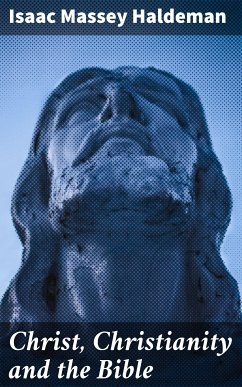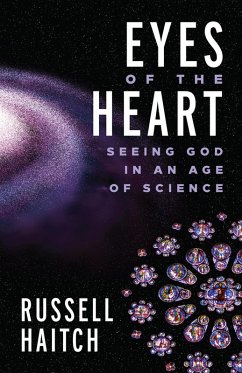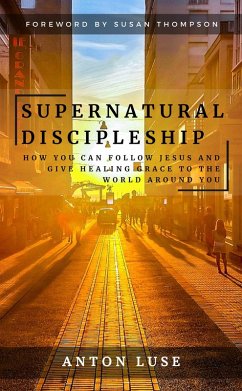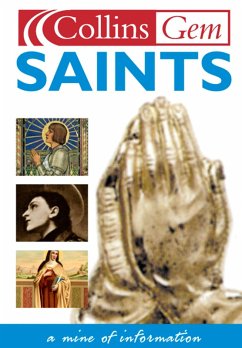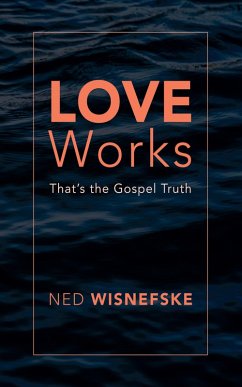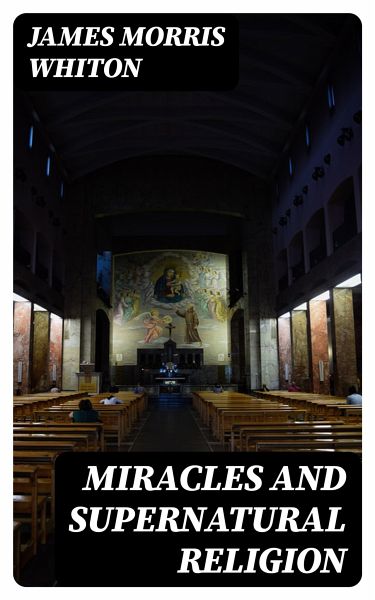
Miracles and Supernatural Religion (eBook, ePUB)
Versandkostenfrei!
Sofort per Download lieferbar
0,49 €
inkl. MwSt.
Weitere Ausgaben:

PAYBACK Punkte
0 °P sammeln!
In "Miracles and Supernatural Religion," James Morris Whiton presents a critical examination of the intersection between miraculous events and religious belief. Through a rigorous analytical lens, Whiton deconstructs various claims of miracles within the context of the early Christian church, employing a rationalist approach characteristic of the late 19th-century intellectual milieu. His prose is marked by a scholarly tone yet accessible language, engaging both the secular and the devout as he questions the veracity of supernatural occurrences purportedly supporting religious doctrine. The bo...
In "Miracles and Supernatural Religion," James Morris Whiton presents a critical examination of the intersection between miraculous events and religious belief. Through a rigorous analytical lens, Whiton deconstructs various claims of miracles within the context of the early Christian church, employing a rationalist approach characteristic of the late 19th-century intellectual milieu. His prose is marked by a scholarly tone yet accessible language, engaging both the secular and the devout as he questions the veracity of supernatural occurrences purportedly supporting religious doctrine. The book has emerged as an essential text for understanding the Enlightenment's lingering influence on religious thought and skepticism in the Victorian era. James Morris Whiton, an American theologian and scholar, was deeply influenced by the rationalist discourse of his time. His academic background enabled him to approach these complex theological issues with clarity and authority. Whiton's commitment to scholarly rigor makes him a uniquely qualified voice in the debate surrounding the credibility of religious miracles, reflecting broader tensions between faith and reason in a rapidly modernizing world. "Miracles and Supernatural Religion" is a thought-provoking invitation to ponder the nature of faith and the reliability of religious claims. Readers interested in theology, philosophy, or the historical context of religious belief will find Whiton's scholarly insights invaluable to their understanding of these enduring questions.
Dieser Download kann aus rechtlichen Gründen nur mit Rechnungsadresse in A, B, BG, CY, CZ, D, DK, EW, E, FIN, F, GR, H, IRL, I, LT, L, LR, M, NL, PL, P, R, S, SLO, SK ausgeliefert werden.




